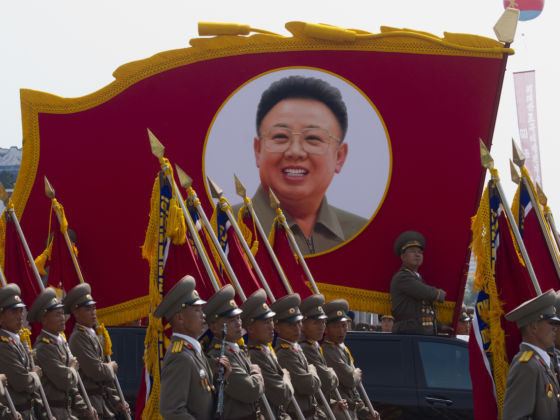“I wasn’t human,” Joseph recalled. “I had no fat at all, no muscles, just skin. My hair was falling out. My eyes were sunken in. Looking in the mirror, I asked myself, ‘Is this me?’”
Joseph (a pseudonym this defector has adopted for protection) left North Korea nearly three years ago – something which, up until the last decade, very few people did. With North Korea’s weakening economy, mid-1990s famine, and easing of border controls with China, there are now some 23,000 defectors living in South Korea. Many experience forced labor, starvation, human trafficking, sexual assault, and other abuses in their journeys to get to the South.
